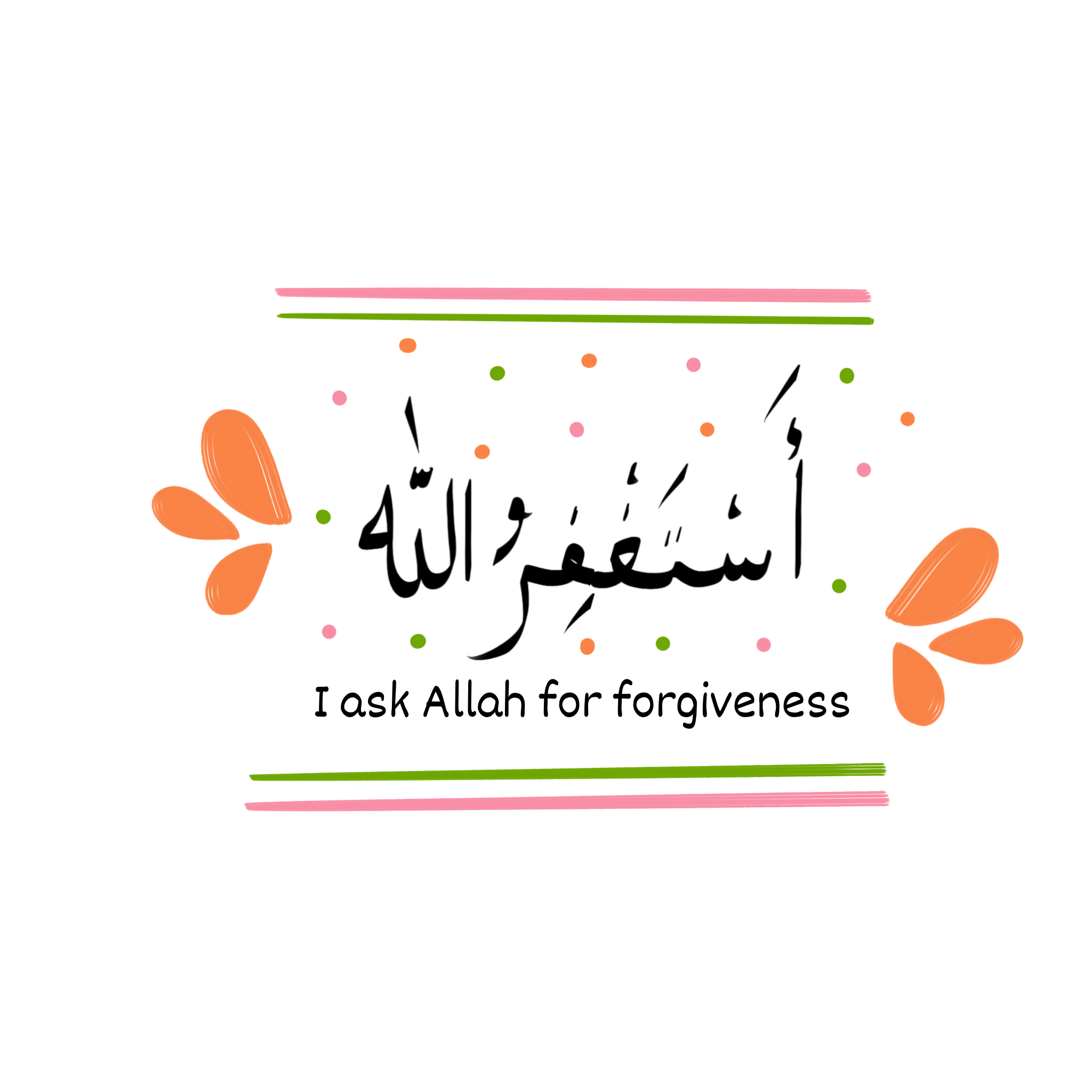Astaghfirullah meaning in Islam!

Introduction: In the vast tapestry of Islamic teachings, certain phrases carry profound meanings and spiritual significance. Among these is the powerful invocation: “Astaghfirullah.” This article aims to delve into the depths of this phrase, uncovering Astaghfirullah meaning, importance, and implications in the life of a Muslim.
Meaning of Astaghfirullah: Astaghfirullah is an Arabic phrase composed of two words: “Astaghfiru” and “Allah.” The root word “Astaghfiru” is derived from the verb “ghafara,” which means to cover, protect, or forgive. When combined with “Allah,” the phrase Astaghfirullah translates to “I seek forgiveness from Allah” or “I seek Allah’s forgiveness.”
Benefit 1 of Astaghfirullah meaning:
Importance of Seeking Forgiveness: The act of seeking forgiveness occupies a central place in Islam, reflecting the recognition of human fallibility and the imperative of turning to Allah in repentance. The Quran emphasizes the importance of seeking forgiveness in numerous verses, such as Surah Al-Baqarah (2:222), where it states:
“Indeed, Allah loves those who are constantly repentant and loves those who purify themselves.”
Prophet Muhammad (peace be upon him) also exemplified the practice of seeking forgiveness regularly, despite being free from sin. He is reported to have said: “By Allah, I seek Allah’s forgiveness and repent to Him more than seventy times a day” (Sahih Bukhari). This underscores the significance of Astaghfirullah in the life of every believer.
Benefit 2 of Astaghfirullah meaning:
Understanding the Concept of Forgiveness: In Islam, forgiveness is not merely a transactional act but a profound spiritual process that involves humility, remorse, and a sincere commitment to rectify one’s behavior. Seeking forgiveness from Allah entails acknowledging one’s mistakes, feeling genuine regret for them, and resolving to avoid repeating them in the future.
Allah’s Mercy and Forgiveness: Central to the concept of Astaghfirullah is the boundless mercy and forgiveness of Allah. The Quran describes Allah as Al-Ghafur (The Forgiving) and Ar-Rahim (The Merciful), emphasizing His willingness to forgive those who sincerely repent. Surah Az-Zumar (39:53) states:
“Say, ‘O My servants who have transgressed against themselves [by sinning], do not despair of the mercy of Allah. Indeed, Allah forgives all sins. Indeed, it is He who is the Forgiving, the Merciful.'”
The Door of Repentance: Astaghfirullah serves as a constant reminder of the accessibility of repentance in Islam. Regardless of the gravity of one’s sins or the frequency of their occurrence, Allah’s door of forgiveness remains open to those who turn to Him with sincerity and humility.
Prophet Muhammad (peace be upon him) said:
“Allah, Blessed and Exalted is He, says, ‘O son of Adam, so long as you call upon Me and ask of Me, I shall forgive you for what you have done, and I shall not mind. O son of Adam, were your sins to reach the clouds of the sky and were you then to ask forgiveness of Me, I would forgive you” (Sunan Ibn Majah).
The Transformative Power of Astaghfirullah: Beyond its linguistic meaning, Astaghfirullah holds transformative power in the life of a believer. By regularly reciting this invocation and internalizing its message, one cultivates a heightened sense of self-awareness, humility, and spiritual resilience. Astaghfirullah serves as a catalyst for inner purification, enabling individuals to transcend their shortcomings and draw closer to Allah.
Conclusion: In conclusion, Astaghfirullah encapsulates the essence of repentance, forgiveness, and divine mercy in Islam. It is a timeless invocation that resonates with believers across generations, reminding them of their inherent vulnerability and the boundless compassion of their Creator. Through sincere repentance and seeking forgiveness, Muslims strive to embody the teachings of Islam and cultivate a deeper relationship with Allah. May we all incorporate the spirit of Astaghfirullah into our lives, seeking forgiveness with sincerity and humility, and may Allah, the Most Merciful, accept our repentance and guide us on the path of righteousness.









0 Comments